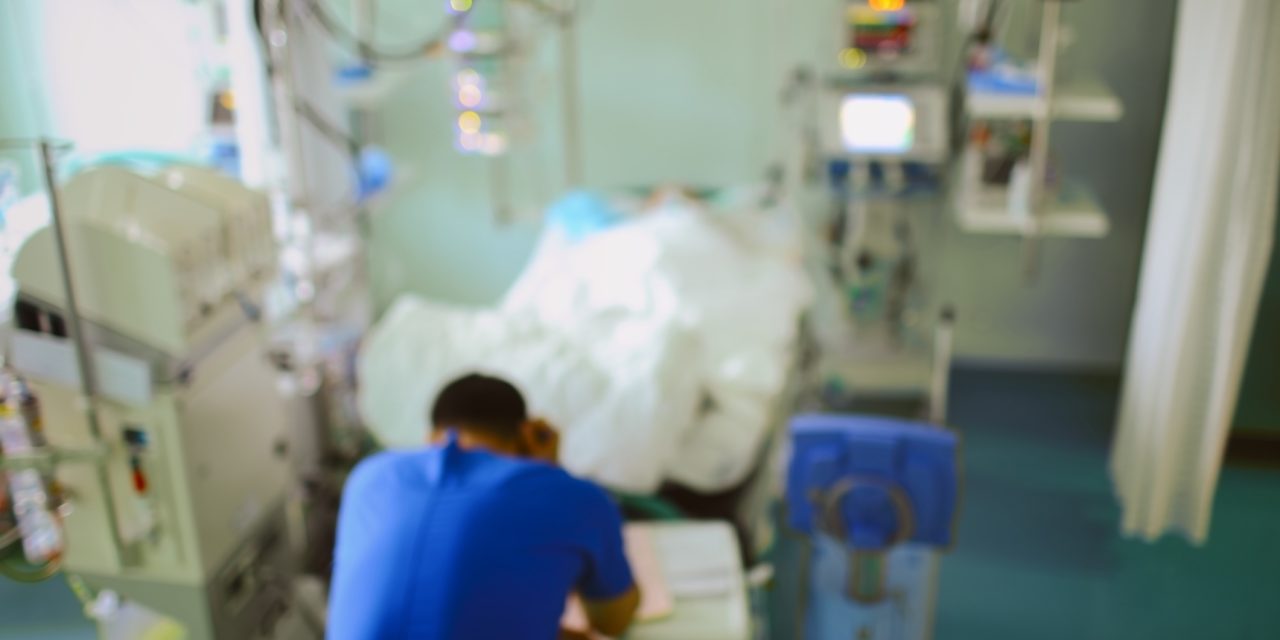WEDNESDAY, May 6, 2020 (HealthDay News) — Health care workers and younger people have an increased risk for a psychological impact from COVID-19, according to a study published online April 14 in Psychology, Health & Medicine.
Yeen Huang and Ning Zhao, from the Nanshan Hospital Affiliated to Shenzhen University in China, collected data from 7,236 self-selected participants and assessed anxiety symptoms, depressive symptoms, and sleep quality.
The researchers found that the overall prevalence was 35.1, 20.1, and 18.2 percent, respectively, for anxiety symptoms, depressive symptoms, and poor sleep quality. A higher prevalence of anxiety symptoms and depressive symptoms was seen for people aged <35 years versus those aged ≥35 years. The highest rate of poor sleep was seen for health care workers versus other occupations. The prevalence of anxiety symptoms was higher for health care workers/younger people who spent a high level of time versus those who spent less time (at least three hours/day versus less than one hour and one to two hours/day) on the outbreak.
“Psychological first aids could be delivered by someone who understands the basic principles, [and] training community volunteers in the future might be an effective and sustainable way to alleviate the mental stress of the general public during times of crisis,” the authors write.
Copyright © 2020 HealthDay. All rights reserved.



